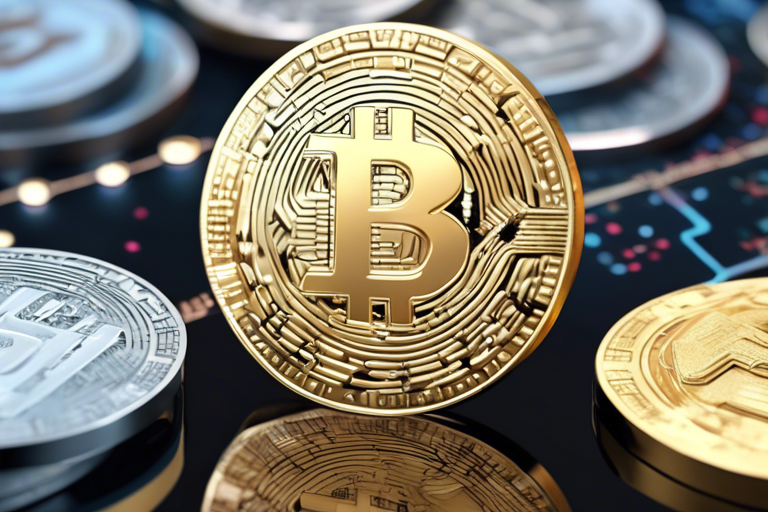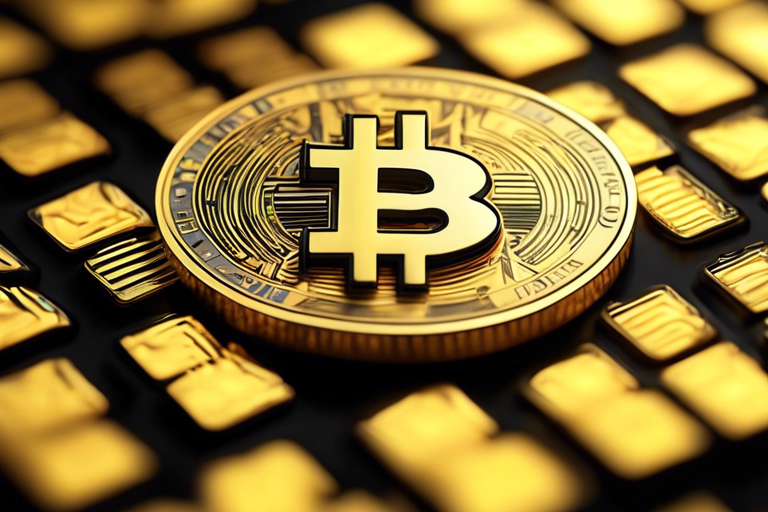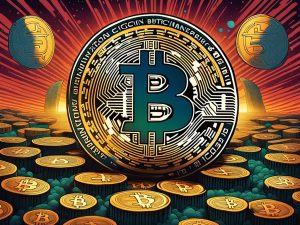South Korean Crypto Regulation Update: July 2024
Cryptocurrency regulation in South Korea is set to undergo a significant overhaul in July 2024. The new regulatory measures will impact over 600 coins currently listed on virtual asset exchanges in the country. As a crypto enthusiast, it is essential to stay informed about these changes and how they may affect your investments and trading activities.
New Regulations Impacting KRW-Trading Platforms
The upcoming regulations are expected to bring about changes in the industry and will apply to fiat KRW-trading platforms like Upbit, Bithumb, Coinone, Korbit, and Gopax. These platforms will need to comply with the new rules once they come into effect on July 19, 2024. In addition to these well-known exchanges, other platforms that haven’t secured KRW trading permits and can only offer crypto-to-crypto pairs will also be subject to the regulations.
- Regulators to finalize best practice plan for cryptoasset transaction support
- Over 20 exchanges without KRW trading permits to comply with new rules
- Forcing 29 platforms to review and potentially delist 600 altcoins
Quarterly Reviews and Compliance Checks
Under the new law, exchanges will be required to conduct both initial and quarterly reviews of the coins listed on their platforms. Regulators will work closely with exchanges to evaluate the support for various altcoins over a six-month period, followed by quarterly maintenance reviews thereafter. Exchanges must also flag risky tokens with cautionary notices before deciding to delist them.
- Exchanges must create a listing and delisting unit for compliance checks
- Teams to assess coins based on social credit, development, & transparency
- Regulators to enforce quarterly reviews for all listed coins
Screening Requirements and Exceptions
Some exceptions will be made for decentralized projects and decentralized autonomous organizations (DAOs) related projects. Exchanges may be able to skip certain screening requirements for well-established tokens while enforcing stringent measures for newer or lesser-known coins. Coins with a solid trading history in international markets with strict regulatory systems are likely to receive approval for listing.
- Alternative screening requirements for decentralized projects
- Exemptions for established tokens like Bitcoin and Ethereum
- Coins traded in major international markets deemed acceptable
Global Market Compliance and Penalties
In a bid to enhance regulatory compliance, the new rules will align South Korean exchanges with international standards. Exchanges that accept assets in exchange for transaction support will face severe penalties. The regulations aim to crack down on cash-for-listing scandals that have plagued the industry and restore investor trust in the market.
- Stringent penalties for exchanges engaging in illicit activities
- Efforts to align with regulatory standards in major global markets
- Prevention of cash-for-listing scandals and market manipulation
Anticipated Changes and Industry Impact
These regulatory changes have been in the works for years to address the growing concerns around market integrity and investor protection. The upcoming regulations are poised to reshape the cryptocurrency landscape in South Korea and foster a more secure and transparent trading environment for all market participants.
- Long-awaited reforms to enhance market integrity
- Industry preparations in anticipation of regulatory shifts
- Focus on building trust and credibility in the crypto market
Hot Take: Stay Informed and Stay Ahead 🚀
As a cryptocurrency enthusiast, it is crucial to stay updated on the latest regulatory developments and how they may impact your investments. By understanding the upcoming changes in South Korea’s crypto market, you can navigate the evolving landscape more effectively and make informed decisions to safeguard your assets.
Sources:





 By
By

 By
By
 By
By
 By
By
 By
By